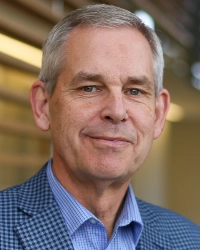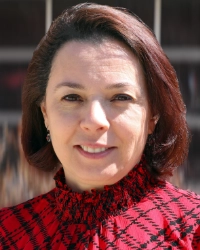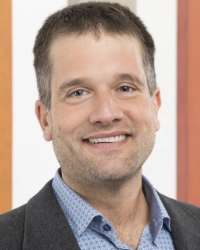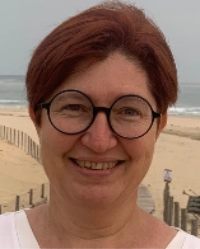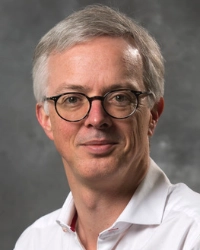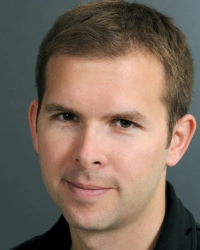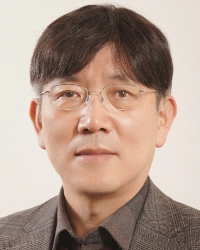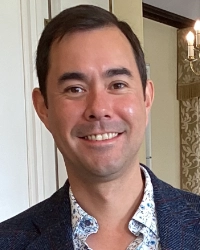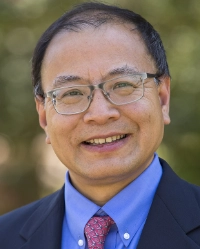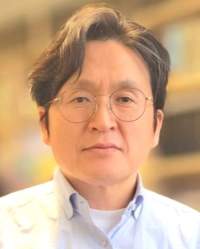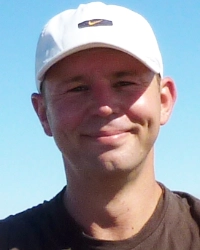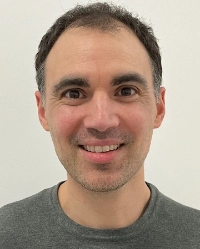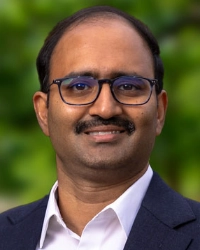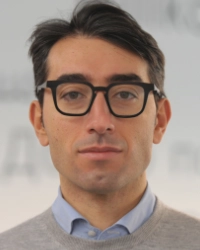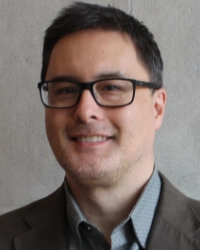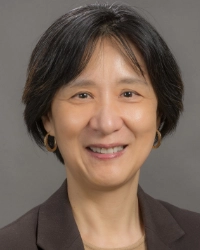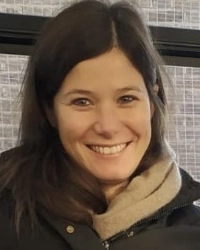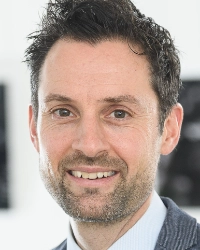 Christoph Maack received his MD at the University of Cologne (Germany) in 2000. Between 2000 and 2017, he worked at the Department of Cardiology at the University of the Saarland in Homburg, Germany. From 2002-2005, he worked as a post-doctoral researcher in the lab of Brian O’Rourke at the Department of Cardiology at Johns Hopkins University in Baltimore, MD, US. As a clinician, he obtained his Board exams in Internal Medicine (2011), Cardiology (2015) and Intensive Care Medicine (2018) in Homburg. As a scientist, he was supported by the Emmy Noether program (2006-2011) and a Heisenberg Professorship (2012-2017) from the German Research Foundation (DFG). Since 2017, he is the Chair of the Department of Translational Research at the Comprehensive Heart Failure Center (CHFC) at the University Clinic in Würzburg, and also the Spokesperson of the CHFC. His research focuses on cellular defects in chronic heart failure, with a special focus on the mechanisms of contractile, mitochondrial and metabolic dysfunction in acquired forms of heart failure and hereditary cardiomyopathies. Since 2023, he is the President of the International Society of Heart Research (ISHR), European Section (ES) and from May 2025 on, will be President-elect of ISHR-World. Since 2023, he is the Chair of the COST Action EU-METAHEART (CA22169), a European network to tackle metabolic defects in heart failure, which has meanwhile ~400 members (https://cost-metaheart.eu/).
Christoph Maack received his MD at the University of Cologne (Germany) in 2000. Between 2000 and 2017, he worked at the Department of Cardiology at the University of the Saarland in Homburg, Germany. From 2002-2005, he worked as a post-doctoral researcher in the lab of Brian O’Rourke at the Department of Cardiology at Johns Hopkins University in Baltimore, MD, US. As a clinician, he obtained his Board exams in Internal Medicine (2011), Cardiology (2015) and Intensive Care Medicine (2018) in Homburg. As a scientist, he was supported by the Emmy Noether program (2006-2011) and a Heisenberg Professorship (2012-2017) from the German Research Foundation (DFG). Since 2017, he is the Chair of the Department of Translational Research at the Comprehensive Heart Failure Center (CHFC) at the University Clinic in Würzburg, and also the Spokesperson of the CHFC. His research focuses on cellular defects in chronic heart failure, with a special focus on the mechanisms of contractile, mitochondrial and metabolic dysfunction in acquired forms of heart failure and hereditary cardiomyopathies. Since 2023, he is the President of the International Society of Heart Research (ISHR), European Section (ES) and from May 2025 on, will be President-elect of ISHR-World. Since 2023, he is the Chair of the COST Action EU-METAHEART (CA22169), a European network to tackle metabolic defects in heart failure, which has meanwhile ~400 members (https://cost-metaheart.eu/).
 Christoph Maack received his MD at the University of Cologne (Germany) in 2000. Between 2000 and 2017, he worked at the Department of Cardiology at the University of the Saarland in Homburg, Germany. From 2002-2005, he worked as a post-doctoral researcher in the lab of Brian O’Rourke at the Department of Cardiology at Johns Hopkins University in Baltimore, MD, US. As a clinician, he obtained his Board exams in Internal Medicine (2011), Cardiology (2015) and Intensive Care Medicine (2018) in Homburg. As a scientist, he was supported by the Emmy Noether program (2006-2011) and a Heisenberg Professorship (2012-2017) from the German Research Foundation (DFG). Since 2017, he is the Chair of the Department of Translational Research at the Comprehensive Heart Failure Center (CHFC) at the University Clinic in Würzburg, and also the Spokesperson of the CHFC. His research focuses on cellular defects in chronic heart failure, with a special focus on the mechanisms of contractile, mitochondrial and metabolic dysfunction in acquired forms of heart failure and hereditary cardiomyopathies. Since 2023, he is the President of the International Society of Heart Research (ISHR), European Section (ES) and from May 2025 on, will be President-elect of ISHR-World. Since 2023, he is the Chair of the COST Action EU-METAHEART (CA22169), a European network to tackle metabolic defects in heart failure, which has meanwhile ~400 members (https://cost-metaheart.eu/).
Christoph Maack received his MD at the University of Cologne (Germany) in 2000. Between 2000 and 2017, he worked at the Department of Cardiology at the University of the Saarland in Homburg, Germany. From 2002-2005, he worked as a post-doctoral researcher in the lab of Brian O’Rourke at the Department of Cardiology at Johns Hopkins University in Baltimore, MD, US. As a clinician, he obtained his Board exams in Internal Medicine (2011), Cardiology (2015) and Intensive Care Medicine (2018) in Homburg. As a scientist, he was supported by the Emmy Noether program (2006-2011) and a Heisenberg Professorship (2012-2017) from the German Research Foundation (DFG). Since 2017, he is the Chair of the Department of Translational Research at the Comprehensive Heart Failure Center (CHFC) at the University Clinic in Würzburg, and also the Spokesperson of the CHFC. His research focuses on cellular defects in chronic heart failure, with a special focus on the mechanisms of contractile, mitochondrial and metabolic dysfunction in acquired forms of heart failure and hereditary cardiomyopathies. Since 2023, he is the President of the International Society of Heart Research (ISHR), European Section (ES) and from May 2025 on, will be President-elect of ISHR-World. Since 2023, he is the Chair of the COST Action EU-METAHEART (CA22169), a European network to tackle metabolic defects in heart failure, which has meanwhile ~400 members (https://cost-metaheart.eu/).





